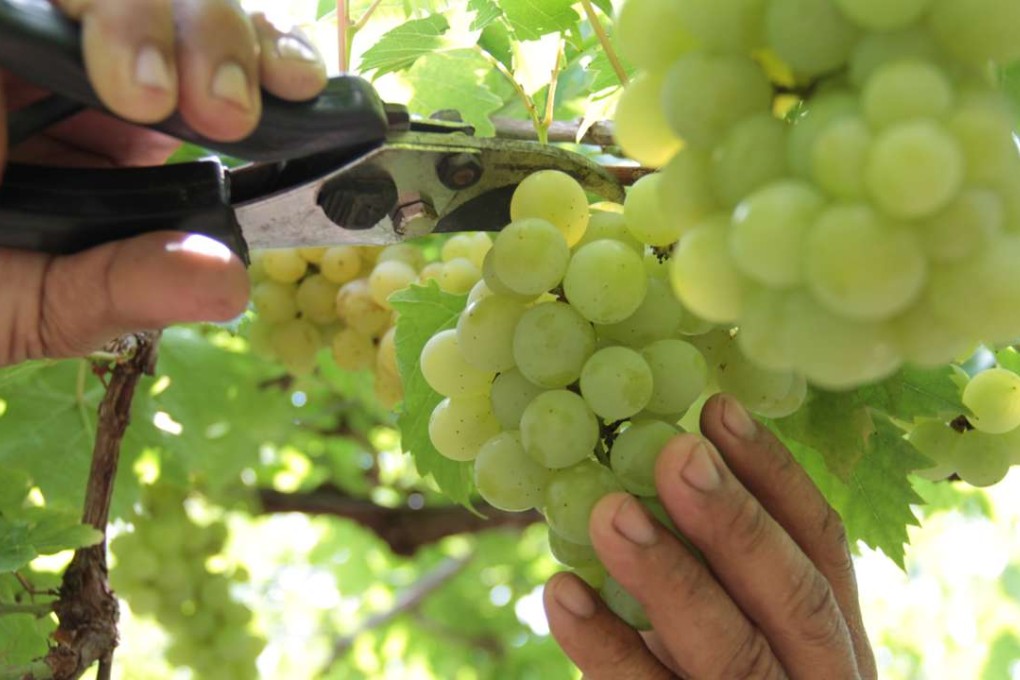How Bali’s winemakers are battling Islamisation – and sour grapes
Threats of prohibition, a culture that values grapes as religious offerings, and a climate more usually associated with rice and coffee can’t stop the good times flowing as island’s vintners come of age

B ali is famous for terraced rice fields, surging surf, simmering volcanoes, striking temples celebrating the island’s dominant Hindu faith – and wine.
Okay, Bali isn’t Bordeaux, but you can find Sababay Winery’s Moscato d’Bali in that French region’s wine museum and order Hatten Wines’ Pino de Bali at Hong Kong’s Peninsula Hotel. This year, Bali will turn more than 1,250 tonnes of island grapes into hundreds of thousands of litres of white and red wines in the heart of Indonesia, the country with the world’s largest Muslim population, where Islamisation is on the rise and calls to ban alcohol grow louder.
More from This Week in Asia
In the House of Representatives’ recently completed plenary session, Muslim party lawmakers gained support for tightening national alcohol regulations following a string of drinking-related incidents, including the gang rape of a 14-year-old by men drunk on tuak, traditional palm wine. Efforts to reach a consensus unravelled as religious and secular party legislators couldn’t even agree on what the bill would be called.
Still, prohibition threats persist. Last year, the trade ministry barred beer sales in convenience stores. As part of a deregulation drive to boost business, President Joko Widodo softened the ban by shifting implementation to local authorities, an approach the administration favours for alcohol regulation.
Local choice allows tourist centres like Bali to keep drinks flowing. But it’s also enabled Christian majority Papua and Indonesia’s second largest city, Surabaya, to approve prohibition in the name of order and public health – even though experts say a bigger health threat results from the poisonous bootleg alcohol that is encouraged by such bans.